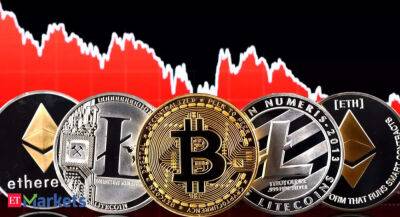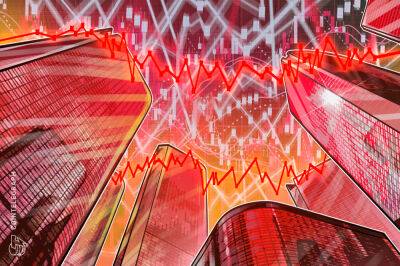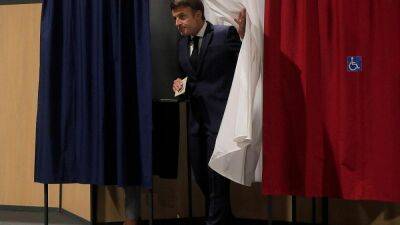The Federal Reserve says its remedies for inflation ‘will cause pain’, but to whom?
Federal Reserve chairman Jerome Powell recently made it clear that the Federal Reserve’s remedies to combat runaway inflation “will cause some pain”. Powell’s words of caution – references to the unemployment and scarcity that will follow increased interest rates – were echoed elsewhere by prominent economists. Some used Powell’s same euphemism: there will be pain.
While the narratives from Powell and others imply that our shared short-term sacrifice will produce shared long-term gains, their careful framing is intended to mask a deeply unpleasant reality: neither the sacrifice nor the gains are shared. Easing inflation will disproportionately harm working-class people, and these same people will reap none of the benefits down the road.
The Fed’s recipe to bring prices under control will increase the cost of borrowing money, which is good news for creditors, while heavily indebted households that rely on loans for their daily survival will face higher bills.
The cost of borrowing will also increase government expenses for public works and social services, forcing states to further cut their budget, hurting the most precarious parts of society that rely most on these services.
Most importantly, as Powell himself has acknowledged, lowering incentives for businesses to invest will produce unemployment.
What Powell does not say is that the “pain” for working-class Americans is not an accident or even an unintended consequence. As economists well know, the very possibility of tackling inflation rests on relieving the upward pressure on prices by diminishing consumer demand. To do so, the Fed will curtail the purchasing power of most citizens – especially those who have the least.
This is not yet the whole story. The implicit
Read more on theguardian.com




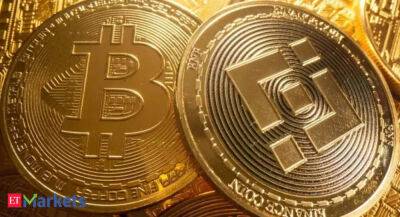


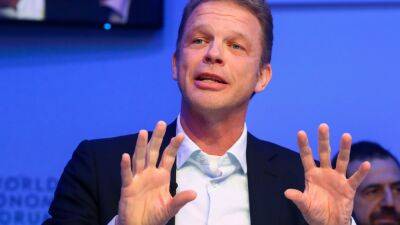


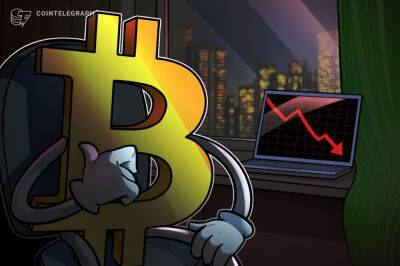

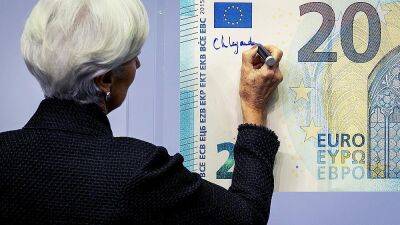


![$42M worth of selling in 24 hours says this about Chainlink [LINK] - ambcrypto.com - city Santiment](https://finance-news.co/storage/thumbs_400/img/2022/6/20/30465_txvx.jpg)

